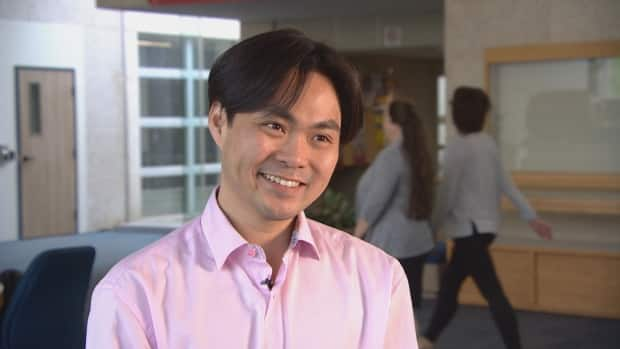Sask. filmmaker explores the truth of Chinese immigrants in the Moose Jaw tunnels

Tourists from across the world have visited the Moose Jaw tunnels, an attraction that teaches history with exhibits on Al Capone's bootlegging and early Chinese immigrants living underground while being paid next to nothing.
Weiye Su, a filmmaker from Saskatchewan, wanted to take a closer look at the lives of those immigrants. His new documentary, A Passage Beyond Fortune, takes its name from an exhibit in the tunnels, The Passage of Fortune.
Su joined Stefani Langenegger on CBC Radio's The Morning Edition to discuss the film, which is screening in Moose Jaw Wednesday evening at 7 p.m. CST.
Listen to Su's conversation with Langenegger from The Morning Edition:
Su said the portrayal of Chinese people in the exhibit is "a little bit inaccurate."
He said he felt shame when he visited the tunnels, and that other Chinese people he talked to felt the same.
"It feels like [an] attack to me, and you know, and I have talked to many Chinese people who visited the place, they also feel a little bit like they [didn't] feel respected, in a sense," said Su.

In order to separate truth from fiction, Su started to talk with Chinese people in the community, including elders. He said their stories were different than what he heard in the exhibit.
"Especially about the hardship," Su said.
He said they talked about not being properly recognized for the contributions they made to building the city of Moose Jaw.
Su hopes his documentary informs future generations about what Chinese immigrants experienced.
"I think it's important for them to know about the history, because we always talk about moving forward, creating reconciliation in the future, but if we never learn from the past, we cannot really move on."
CBC reached out to Tunnels of Moose Jaw for comment. It said that for the past few years, staff have been spending more time consulting members of the Chinese community and that the tourist attractions have been updated to reflect some of those learnings.


